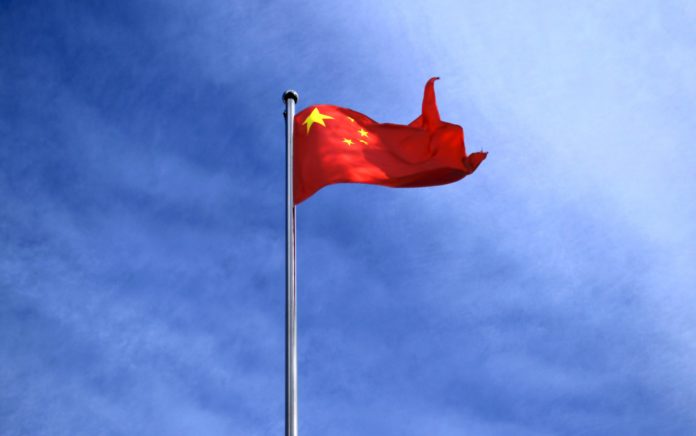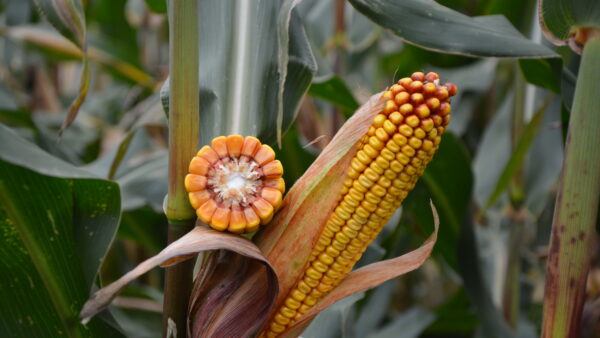In the latest indication it is opening up its ag industry to GM crops, China has granted safety certificates for production and application to four genetically modified corn and three GM soybean varieties that were pilot tested in 2021.
“The application of traits that resist pests and tolerate herbicides and drought has improved the competitiveness of genetically modified crops, such as corn and soybean, in production cost, price, and quality,” Qian Qian, Director of the Chinese Academy of Agricultural Sciences’ Institute of Crop Sciences, is quoted as saying in China Daily.
The pilot program’s results show that the soybean varieties can achieve over 95% weed control with just one herbicide spraying. Corn varieties reached 95% resistance to fall armyworm, without the use of pesticides.
China has been working to revamp its seed industry as of late. The Global Conference on Green Development of Seed Industries, organized by the Food and Agriculture Organization of the United Nations (FAO), was held virtually on Nov. 5. Zhang Taolin, vice-minister of Agriculture and Rural Affairs of China, was invited to the conference and delivered a video speech.
Zhang said that China, a major player in agriculture and a large seed consumer, has always attached great importance to the development of seed industries, and has adopted a series of effective measures to promote green development of seed industries and ensure farmers’ access to quality seeds, according to a Chinese government news release.
Zhang put forth three proposals: step up efforts in building international cooperation mechanisms for seed industries; strengthen collaborative breeding at the field level; and stimulate collaboration among market entities, thereby encouraging companies to invest in modern breeding systems.
China is also planning a regulatory overhaul of its seed rules, in order to help pave the way for the approval of new GMO crops, the Chinese government says in a document recently posted to its website for public input.
Last spring, China’s Central Committee and the State Council jointly issued the annual policy guidelines on agriculture and rural development, known as the “No. 1 Document”. The document has set commercialization of high-quality seeds and livestock genetics as important factors for national food security, while stable supplies of grains and pork remain important, the USDA notes in a translation of the document.
“The central government’s emphasis on supporting seed development, including biotech seeds, is a new feature” in the document and there is continued emphasis on shoring up grade producing farmland, the USDA translation states.
Syngenta CEO Erik Fyrwald was recently quoted by Fortune magazine noting that “some 75% of the world’s patents in agricultural gene editing are coming out of China” and “China is not only a player in the field but has become a clear leader in this area.”
In its third quarter results announced in October 2021, Syngenta Group China announced it had delivered strong growth across all segments. MAP sales tripled to $1.5 billion in the first nine months by helping farmers improve soil health, reduce greenhouse gas emissions and improve the quality and value of their crops, the company said.
Syngenta Seeds sales grew 25% to $2.8 billion in the first nine months of 2021. Syngenta’s field crop sales in China tripled due to the consolidation and growth of China’s Winall Hi-tech Seed, which develops watermelon, melon, wheat, pumpkin and vegetable seeds.
Editor’s Note: This piece originally appeared on our sister publication’s website, Germination.













